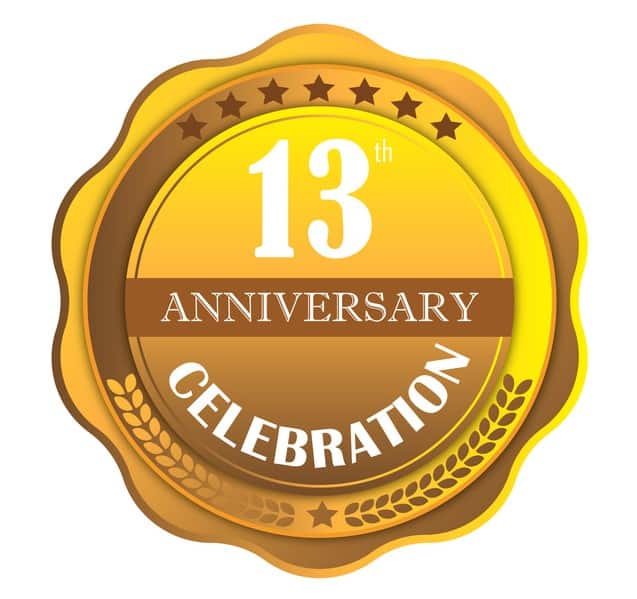I want to take this post to talk about families and friends of people who hoard. For every person who hoards there are many people who are affected by their behaviors, and friends and family members can get lost in the process. Yet, they are the ones who are often asked for money (by the person who hoards), who are assumed to be unhelpful and shirking responsibility (by extended family and others), who suffer loss of relationship with their loved one who hoards, who are collateral damage in this situation. Family members and friends often have no say in the relationship, as the hoard grows the time with their loved one becomes less as the person who hoards spends more attention on their stuff.
You are not forgotten – I know you’re out there. This post is for you.
The first thing I hope you can hear is that you must – you must – take care of yourself in this situation. You are going through a really difficult time, and it’s unlikely that your loved one who hoards understands this. They do not mean to hurt you, it is a result of their diagnosis and of the role that the hoard plays for them. Now I’m not letting your loved one off the hook, they need to take responsibility for their actions, but they might not. You cannot expect them to care for you – you need to take on that responsibility yourself. That means self-care – accessing the support that you need from friends and/or maybe mental health professionals who can hear you and help you navigate this challenging situation; it means accepting that you are in this for the long haul and you need to care for yourself accordingly – eating well, staying hydrated, moving your body, having fun, getting away, whatever it is that feeds you. This is critical especially in light of what I’m going to ask of you next.
Please hold the relationship you have with your family member who hoards more important than cleaning out their home and changing their hoarding behaviors. You may never get them to change, they may never stop hoarding, it may seem they are always putting their stuff ahead of you – perhaps because they are. But you cannot resort to ultimatums, you cannot control their actions, you cannot make them stop. I want to encourage you that the best thing you can do for yourself and your family is to make the relationship the priority. How to do this and still hold onto your safety concerns?
You get to say what you think: “Mom, I’m concerned about your safety living in a home that has so much stuff in it.” “Grandpa, I love you and want to be able to do things with you and spend time with you. And, I’m worried that you will fall and hurt yourself because your house is so full.” “Sister, it feels like I never see you anymore. I feel like I’m losing you and I don’t want that to happen. I wonder if your things have become burdensome to you?” And keep in mind that they get to say what they think and feel, too. You may get a lot of push back, anger, frustration, leaving, worry and anxiety, mistrust. You need to understand just how important the stuff is to your loved one – any comment about it is likely to raise their fears that you are going to take it away from them.
What you don’t get to say is, “You can’t live like this – I’m coming to clean out your home.” Or, “you can’t see the grandkids until you clean this house.” You don’t get to issue an ultimatum about what will or will not happen until they do what you want. I worked with a woman who told her mother that she wasn’t going to talk to her until the house was cleaned out. She thought that this would light a fire under her mom to make change. When she came to see me it had been 10 years since they had spoken. This is tragic. Ultimatums in any relationship do not work – and certainly in this situation of hoarding they do not. Don’t do it. No matter how frustrated and angry you are, no matter how hurt, don’t give an ultimatum. If it’s between you and the stuff, the stuff will win out just about every time.
This is not because your loved one doesn’t care about you. It’s because your loved one has a mental health diagnosis that is a tough one to address. I’ll soon post about the reasons that people hoard, and understanding those reasons may help you think differently about what is happening in your family.
How do you keep the relationship a priority? Instead of telling your mom or dad they can’t see your kids until the house gets cleaned up, invite them to your home to play with the kids. This way you don’t have to worry about your children’s safety and you can encourage relationship with the grandparents. Meet for lunch at a favorite restaurant, go to a concert, have a picnic, the list is long – what do you and your loved one like to do? Do that. Just because you prioritize the relationship over the stuff doesn’t mean you are giving your stamp of approval on the hoarding. It means that you are holding the relationship more precious than getting your way about change.
Trust me, I do understand how easy it is for me to write this. It is very hard to act on my words. I get it. But in any situation in which we can’t control another person (which is basically every situation!), we have to decide what is most important to us? You may never see the change you want from your loved one, but if you do it will be because they were able to trust you. They will trust you because you have put the relationship first without conditions.
So do you see why you need to attend to that self-care and get support around you?! This is hard – this is really hard – and you need to get your needs addressed if you are going to be able to stay in this.
“You have to find your own resting place because this might never be resolved.” The wife of a man who hoards said this in a family member support group I led years ago. She loved (still does) her husband very much, and his hoarding made her life very difficult. His behaviors and inability to see how they affected her in negative ways challenged their marriage every day. Over a long period of time, she learned that if she was to stay in the marriage in a healthy way (which she wanted to do) and not lose herself and her needs, she needed to see this situation differently. She worked so hard and long at holding the relationship and negotiating with him about how they were to live. She worked with her own therapist to help establish and hold her boundaries, and she came to a resting place in the midst of the lack of resolution. I last spoke with her a couple years ago and she said they continued in relationship, and it was an ongoing challenge to hold her “resting place.”
Her decision does not have to be yours. But you do need to work through the process as she did to figure out how to be in relationship with your loved one in ways that respect both of you. We’ll talk about this again – when I post on treatment strategies – and I encourage you to start now on yourself and figure out how you can hold the relationship.
Janet Yeats is a marriage and family therapist and writer who specializes in issues of trauma, grief and loss. Janet consults, speaks and writes on hoarding disorder as well as other trauma and loss-related topics. Visit her youtube channel (Janet Yeats) to see videos and webinars on these topics.


